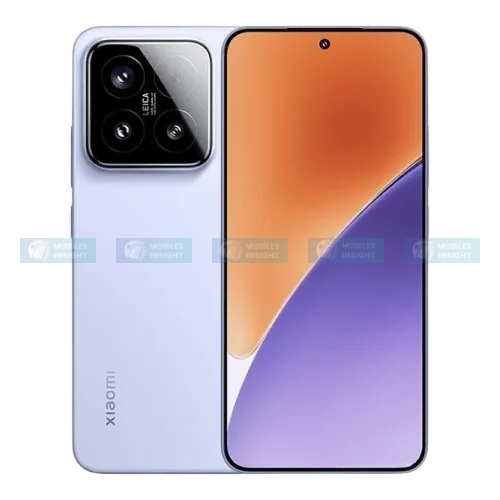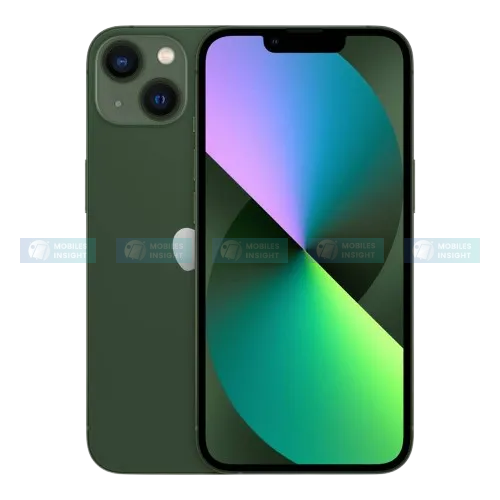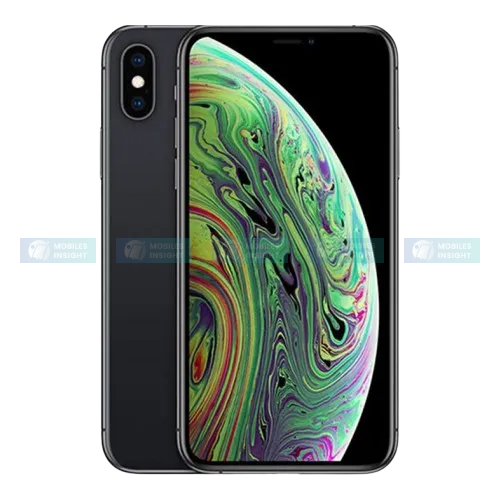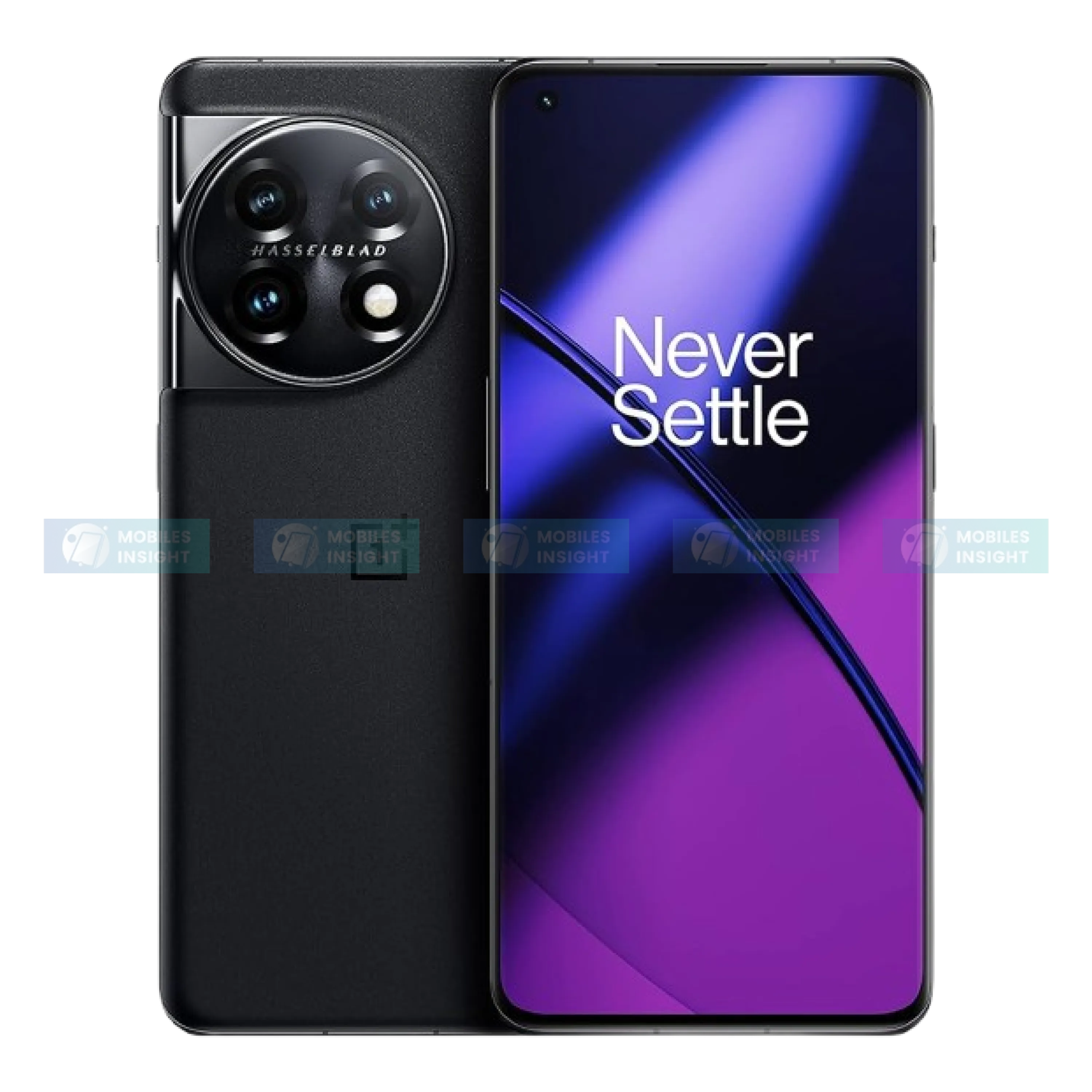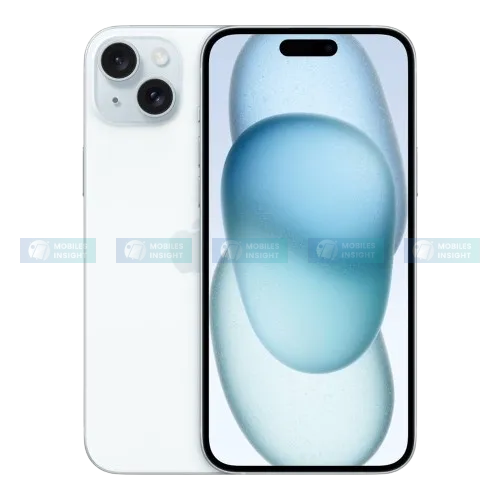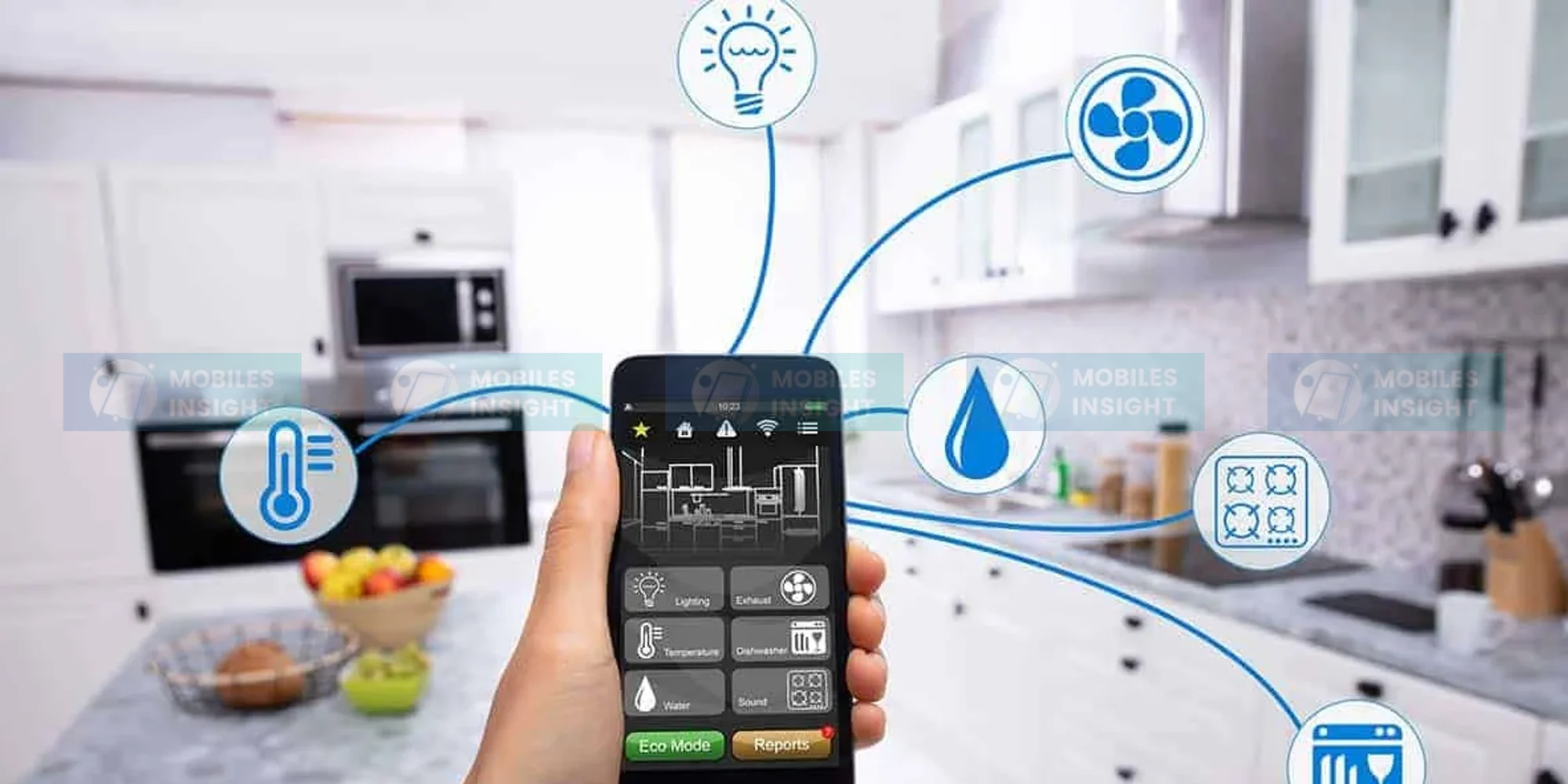
Uses of AI That Make Your Smartphone Smarter and Safer
Artificial Intelligence is transforming how we use smartphones in Bangladesh. From smarter photography and predictive keyboards to voice assistants, real-time translation, and enhanced security, AI makes daily phone use easier and more intuitive. It optimizes battery life, personalizes app experiences, and even helps track health and fitness. Mobile gaming and entertainment will be smarter and more engaging thanks to AI. Overall, AI turns ordinary phones into powerful, user-friendly companions, helping users save time, stay organized, and enjoy a more connected and personalized digital experience every day. These are some of the most important uses of AI in modern smartphones.
How Is Artificial Intelligence Changing Everyday Life?
Artificial Intelligence (AI) is no longer just a futuristic idea, it is already in your pocket. Today’s smartphones come with AI features that quietly make apps smarter, decisions faster, and the overall experience smoother. From taking photos to personal assistance, AI has changed the way we use mobile phones in daily life. The following are the key uses of AI that enhance everyday mobile experiences.
Smarter Photography and Image Enhancement
One of the most popular uses of AI in smartphones is in camera technology. Modern phones use AI algorithms to:
- Automatically detect scenes like food, landscape, or portrait.
- Adjust lighting, exposure, and color balance instantly.
- Reduce noise and sharpen details in low-light photos.
- Enable portrait mode by blurring the background while keeping faces clear.
This means anyone can take professional-looking photos without needing to be a photography expert.
Voice Assistants and Natural Language Processing
AI powers digital assistants like Siri, Google Assistant, and Alexa. These assistants use natural language processing (NLP) to understand and respond to your voice commands.
With AI, you can:
- Set reminders, alarms, and calendar events hands-free.
- Send messages or make calls using only your voice.
- Control smart home devices directly from your phone.
- Ask complex questions and get instant answers.
AI assistants are becoming more personal, learning your habits and adapting to your preferences over time. These are some of the most practical uses of AI in everyday phone interactions.
AI-Powered Security and Privacy
Mobile security has improved a lot thanks to AI. Instead of just relying on PINs or passwords, many smartphones now use:
- Facial recognition to unlock devices.
- Fingerprint scanning enhanced with AI for higher accuracy.
- Behavioral AI that detects unusual activity like unauthorized login attempts.
These features make mobile phones safer and reduce the risk of identity theft. uses of AI in security to help protect personal information effectively.
Predictive Text and Smart Keyboards
If you have noticed your keyboard predicting the next word or correcting typos automatically, that is AI at work. Smart keyboards use machine learning to:
- Learn your writing style.
- Suggest relevant words or emojis.
- Correct spelling and grammar mistakes instantly.
Over time, predictive text becomes more accurate, saving users both time and effort. This is one of the useful uses of AI in daily communication.
Personalized User Experience
AI studies how you use your phone and customizes the experience for you. This includes:
- Optimizing battery life by predicting app usage patterns.
- Suggesting apps or content based on your interests.
- Managing background processes for smoother performance.
Some phones even use AI to adjust screen brightness and sound settings depending on your surroundings. Personalized suggestions are another key use of AI that enhances the mobile experience.
Real-Time Language Translation
With AI-powered translation apps, your phone can work as a real-time interpreter. This is very useful when traveling or communicating internationally. Apps like Google Translate use neural machine translation to instantly convert spoken or written language into your native language. Real-time translation is an excellent example of uses of AI in smartphones.
Mobile Gaming and Entertainment
AI improves mobile gaming by:
- Creating smarter, more adaptive opponents.
- Enhancing graphics in real time.
- Personalizing game recommendations.
Streaming apps also use AI to suggest music, movies, and shows based on your preferences. Gaming and entertainment are another practical use of AI that makes phones more enjoyable.
Health and Fitness Tracking
AI has also entered health apps and wearables. Smartphones now use AI to:
- Track physical activity more accurately.
- Monitor heart rate and sleep patterns.
- Provide personalized workout or meditation suggestions.
This turns your mobile device into a pocket health coach. Health monitoring is a growing use of AI in mobile devices.
Final Thoughts
AI in mobile phones is more than just a buzzword, it is changing the way we live. From smarter photography and stronger security to real-time translation and personalized experiences, AI is making smartphones more powerful, intuitive, and user-friendly.
As technology keeps improving, we can expect even more AI-driven features that make our mobile phones smarter companions in daily life in Bangladesh. Understanding the uses of AI can help users take full advantage of these modern smartphone capabilities.
Popular Phone Reviews

Samsung Galaxy A70 Review: Features, Performance, and Value Insights

Apple iPhone 16 Pro Max Review: Features, Performance, and Value Insights

Apple iPhone 12 Pro Max Review: Features, Performance, and Value Insights

Xiaomi Redmi 12 Review: Features, Performance, and Value Insights

